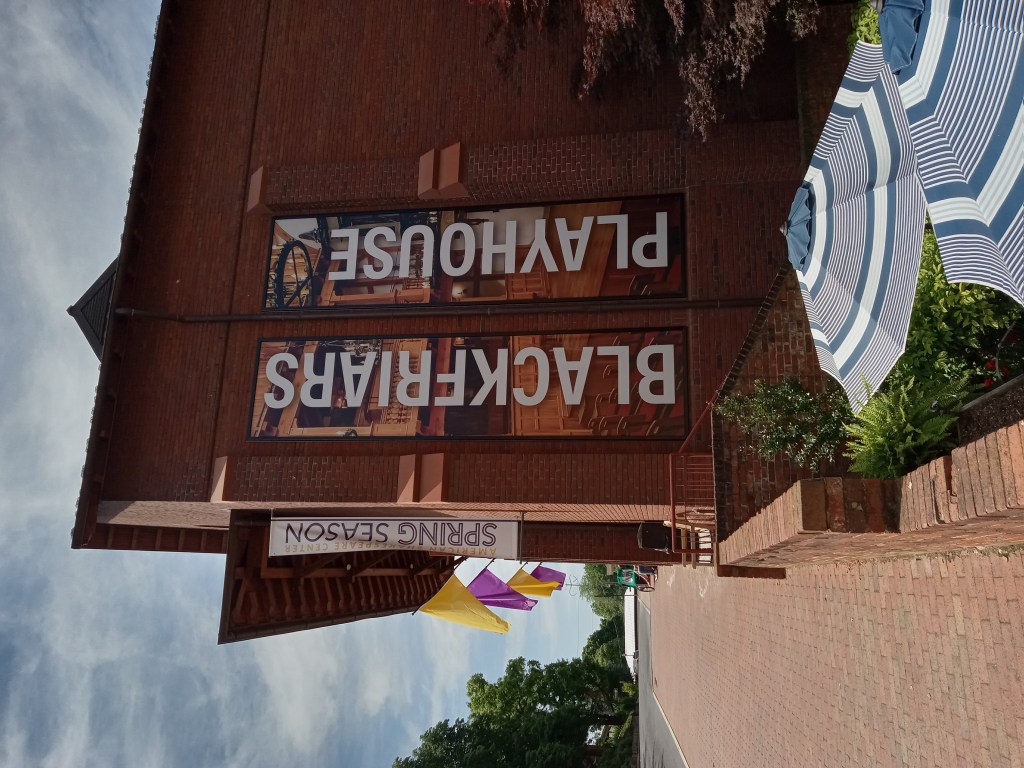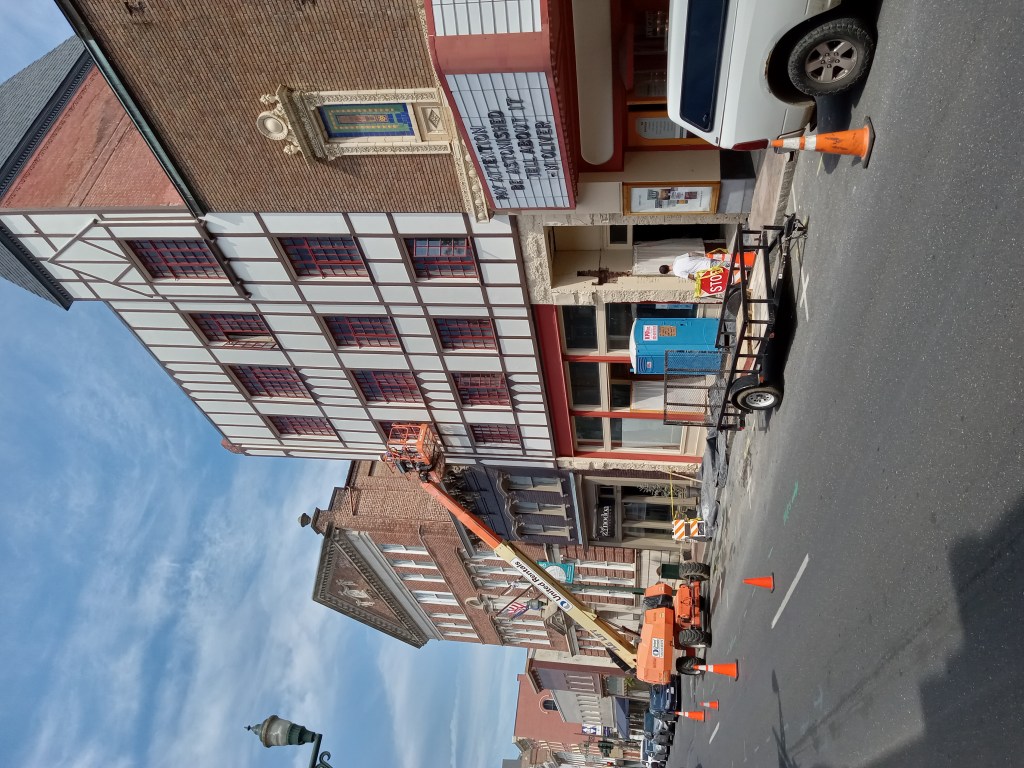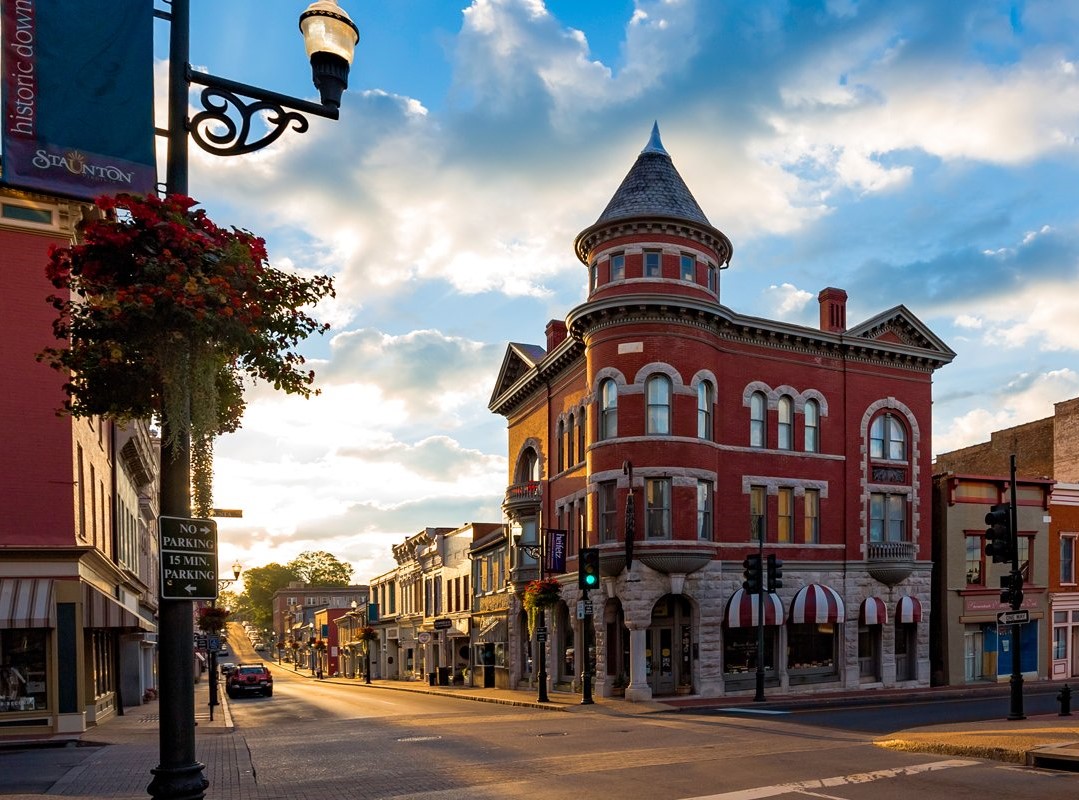A few weeks ago, a journalist in Richmond was writing about the different parts of Virginia and made a snarky, dismissive reference to “whatever the hell is west of Roanoke.”
To this journalist whose publication covers “whatever the hell is west of Roanoke,” those were fighting words.
I limbered up my typing fingers and wrote a riposte to that description.
Then our readers weighed in, offering up suggestions for what visitors to the western part of the state — be it west of Roanoke or not — should see.
I considered the matter concluded (although that column did earn me an invite to speak Thursday at the Southwest Virginia Economic Forum at the University of Virginia’s College at Wise, where I’ll talk about the importance of a community telling its story to the world).
Then on Wednesday came news that a candidate for the U.S. Senate had referred to another part of Virginia as “podunk.”
Some journalists are in the business of getting clicks, and a controversial phrase here or there might be good for that sort of thing. Political candidates are in the business of getting votes, and calling a community “podunk” doesn’t sound like a good idea, no matter which party you’re in.

Here’s the background: A few weeks ago, Elizabeth Beyer of the USA Today Network wrote a story about Hung Cao, one of the five candidates seeking the Republican nomination for U.S. Senate to oppose Democratic incumbent Tim Kaine in the fall. (For more on the June 18 primary, see our voter guide). Beyer’s story pointed out that last year Cao launched a political action committee to support Republican candidates in 2023 “in a lot of the races that people wrote off,” particularly those running for the General Assembly.
“Without a good House of Delegates, without a State Senate, the governor’s not going to be able to get half the stuff that he wants to get across,” Cao said then. “We have to concentrate on Virginia right now.” A quite reasonable goal for a Republican. However, Beyer reported that, based on campaign finance filings, “not a single Republican candidate for state or local office received any direct financial support” from Cao’s Unleash America PAC. Instead, she reported, much of its money went to people or companies associated with Cao’s U.S. Senate campaign.
When the story was posted on the Virginia Public Access Project — a nonprofit, nonpartisan site that, among other things, aggregates links to political stories across the state — it was attributed to the Staunton News Leader. However, the story also appeared in another Gannett newspaper in Virginia, the Petersburg Progress-Index, and in nine other Gannett newspapers across the country.
As a journalist, I salute Beyer for her good, document-based reporting. It’s a story that’s gotten a lot of buzz in political circles around the state, as it should.
Cao, though, felt differently. On Tuesday, Cao appeared on a podcast hosted by Alec Lace, a conservative talk show host. He called the allegations “a hit job” and referred to the Staunton News Leader as a “podunk local newspaper.”
Excuse me?
I notice that Cao didn’t deny what the documents show. Instead, he resorts to the classic “attack the messenger” by saying these allegations came in a “podunk local newspaper.”
First of all, what difference does it make whether this story appeared in a “podunk local newspaper” or the biggest, best-known news site in the land? Are they true or not? Cao hasn’t disputed what the campaign finance reports show.
I have nothing to add to Beyer’s fine reporting. Instead, I want to address the derogatory adjective of “podunk.”
Perhaps Cao intends “podunk” to only apply to the newspaper, but even if you drop the word “podunk,” Cao is still dismissing a “local” newspaper as if something “local” is somehow not worthy of attention.
However you parse this, Cao is being dismissive of a small city and the things in it.
There is a word for this and it’s not one I use lightly: This is elitism.
Here we have a candidate from Northern Virginia calling a city in the Shenandoah Valley — or at least its newspaper — “podunk.” To me, this is in the same category as that Richmond journalist making fun of “whatever the hell is west of Roanoke.” It’s easy for people from big metro areas to look down on rural and small-town America. What’s particularly shocking here is that this example comes from a Republican, at a time when rural and small-town America has come to be an important part of the Republican base. Why is Cao calling anything in Staunton — even a newspaper that publishes a story unfavorable to him — “podunk”? The word “podunk” is an insult, no matter how it’s used.
Staunton, like many cities, has trended Democratic in recent years (it voted 53.7% for Joe Biden in 2020, 51.2% for Terry McAuliffe for governor in 2021). But if Staunton is “podunk,” what about surrounding Augusta County, where the Republican share of the vote regularly tops 70% and sometimes comes close to 80%? If Staunton is “podunk,” what about other parts of Virginia, particularly those rural areas in Southwest Virginia where the Republican vote really does top 80%? Over the years, we’ve seen other Republicans go out of their way to praise small communities, yet here is Cao casually throwing around an insult that he may intend just for the paper but has the effect of smearing the whole city. These small communities are places that Cao and other Republicans ought to have vote strongly for them in November. Describing someplace — any place— as “podunk” is not the way to win friends in rural areas. It’s just not a word you want to use because even if Cao didn’t mean it specifically about Staunton, its use still implies that someplace out there is “podunk.” It’s a word that belittles small communities, wherever they are.
Staunton is not in Cardinal’s coverage area, but it’s close enough that I feel compelled to rise to the city’s defense.
Merriam-Webster defines “podunk” as a “small, unimportant and isolated town.”
Whether Staunton is small depends on your definition of small. Its population is 25,669. When I was growing up on a farm in rural Rockingham County, we considered Staunton (and Harrisonburg and Waynesboro) to be big cities, but impressions vary. In the great scheme of things, Staunton is small, but it’s neither unimportant nor isolated.

It’s home to one of the oldest institutions of higher education in the state — Mary Baldwin University traces its origins back to 1842, predating most state universities. Can a community be “podunk” and still have a university? More recently, Staunton has become a national, even global, center for the arts, thanks to the American Shakespeare Center, the world’s first re-creation of William Shakespeare’s indoor theater, Blackfriars. The center’s advisory board includes the actress Judi Dench, or, more properly, Dame Judi Dench. Can a community be “podunk” and also be a destination for theater fans? Staunton is also home to the Heifetz International Music Institute, founded by the well-known concert violinist Daniel Heifetz. Can a community be “podunk” and still host classical musicians from around the world?
If Staunton can get labeled “podunk,” then there are a lot of places that are even more podunk — and I’m pretty sure none of them would like getting called that.

In this week’s West of the Capital:
I write a free weekly political newsletter, West of the Capital, that goes out every Friday afternoon at 3 p.m. You can sign up for that or any of our other free newsletters on our newsletter page.
This week I’ll look at the latest early voting trends in congressional primaries across the state. I’ll also have a fun historical fact about how Staunton twice could have become the state capital.

